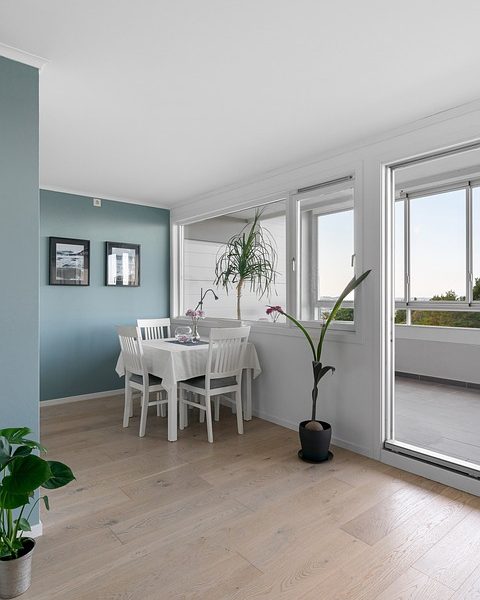Master the Art of House Flipping: A Comprehensive Guide to Real Estate Investing
Master the Art of House Flipping: A Comprehensive Guide to Real Estate Investing
Real estate investing, particularly house flipping, has become a popular way for individuals to generate passive income and build long-term wealth. House flipping involves purchasing properties at a lower price, making renovations or improvements, and selling them for a profit. However, successful house flipping requires careful planning, market knowledge, and strategic decision-making. In this comprehensive guide, we will discuss the key steps to master the art of house flipping and achieve success in real estate investing.
Understand the Market
The first step in mastering the art of house flipping is to understand the real estate market. Research the local market conditions, including property prices, trends, and demand. Identify areas with potential for growth and profit, such as up-and-coming neighborhoods or properties in need of renovation. Keep an eye on market fluctuations and stay informed about market trends to make informed investment decisions.
Set a Budget and Timeline
Before purchasing a property for flipping, it is essential to set a budget and timeline for the project. Calculate the total cost of the property purchase, renovation expenses, and carrying costs, such as property taxes and utilities. Determine the expected sale price and estimated profit margin to ensure a successful flip. Create a realistic timeline for the project, including renovation deadlines and the expected timeline for selling the property.
Find the Right Property
Finding the right property is essential for a successful house flip. Look for properties that are priced below market value and have the potential for renovation or improvement. Consider factors such as location, size, and condition when selecting a property for flipping. Work with a real estate agent or search online listings to find potential properties that fit your budget and criteria.
Renovate Wisely
One of the key components of successful house flipping is renovating the property wisely. Focus on making cost-effective improvements that will increase the property’s value and appeal to potential buyers. Consider updates such as kitchen and bathroom renovations, fresh paint, new flooring, and landscaping. Avoid over-renovating or making unnecessary upgrades that will not add value to the property.
Market the Property Effectively
Once the property is renovated and ready for sale, it is crucial to market it effectively to attract potential buyers. Utilize online listings, social media, and real estate websites to showcase the property and reach a wider audience. Stage the property to highlight its best features and appeal to buyers. Consider hiring a professional photographer or real estate agent to assist with marketing the property.
Negotiate a Profitable Sale
When it comes time to sell the property, negotiate a profitable sale to maximize your return on investment. Set a competitive asking price based on market conditions and comparable properties in the area. Be prepared to negotiate with potential buyers and consider offers that meet your desired profit margin. Work with a real estate agent or legal professionals to handle the sale process and ensure a successful transaction.
Learn from Experience
As you gain experience in house flipping and real estate investing, continue to learn and grow from each project. Reflect on the successes and challenges of each flip and identify areas for improvement. Stay informed about market trends and changes in the real estate industry to adapt your strategies and tactics. Build a network of real estate professionals, mentors, and investors to share knowledge and insights.
In conclusion, mastering the art of house flipping requires careful planning, market knowledge, and strategic decision-making. By understanding the market, setting a budget and timeline, finding the right property, renovating wisely, marketing the property effectively, negotiating a profitable sale, and learning from experience, you can achieve success in real estate investing. With dedication, perseverance, and a solid strategy, you can become a successful house flipper and build a lucrative real estate portfolio.





